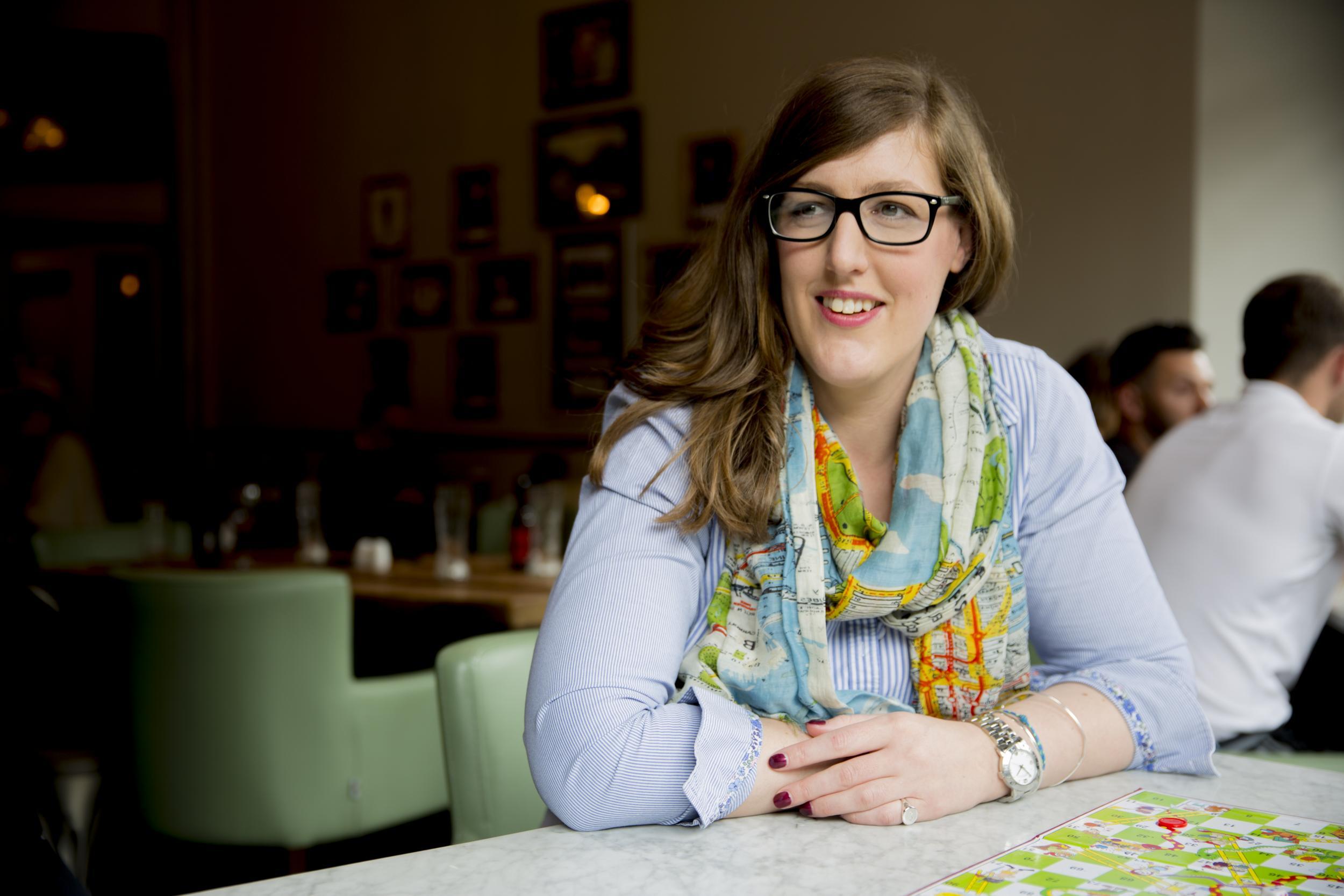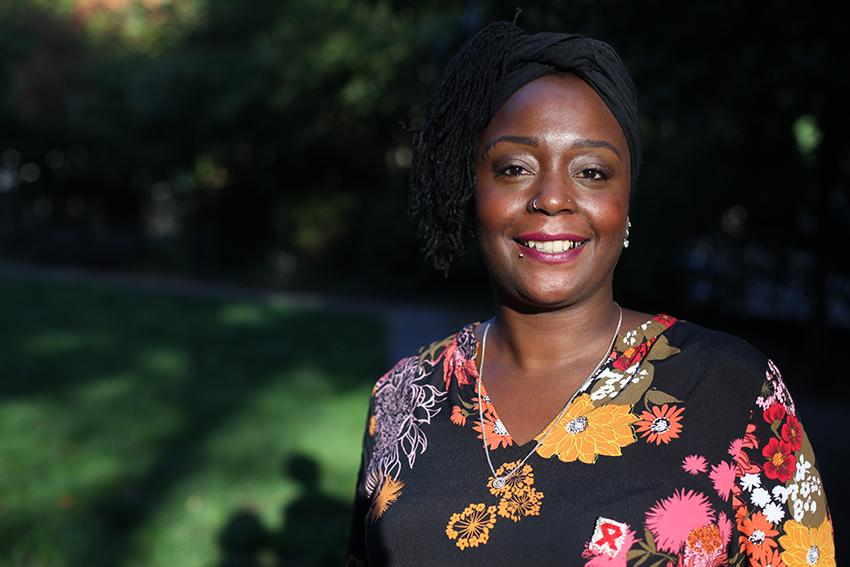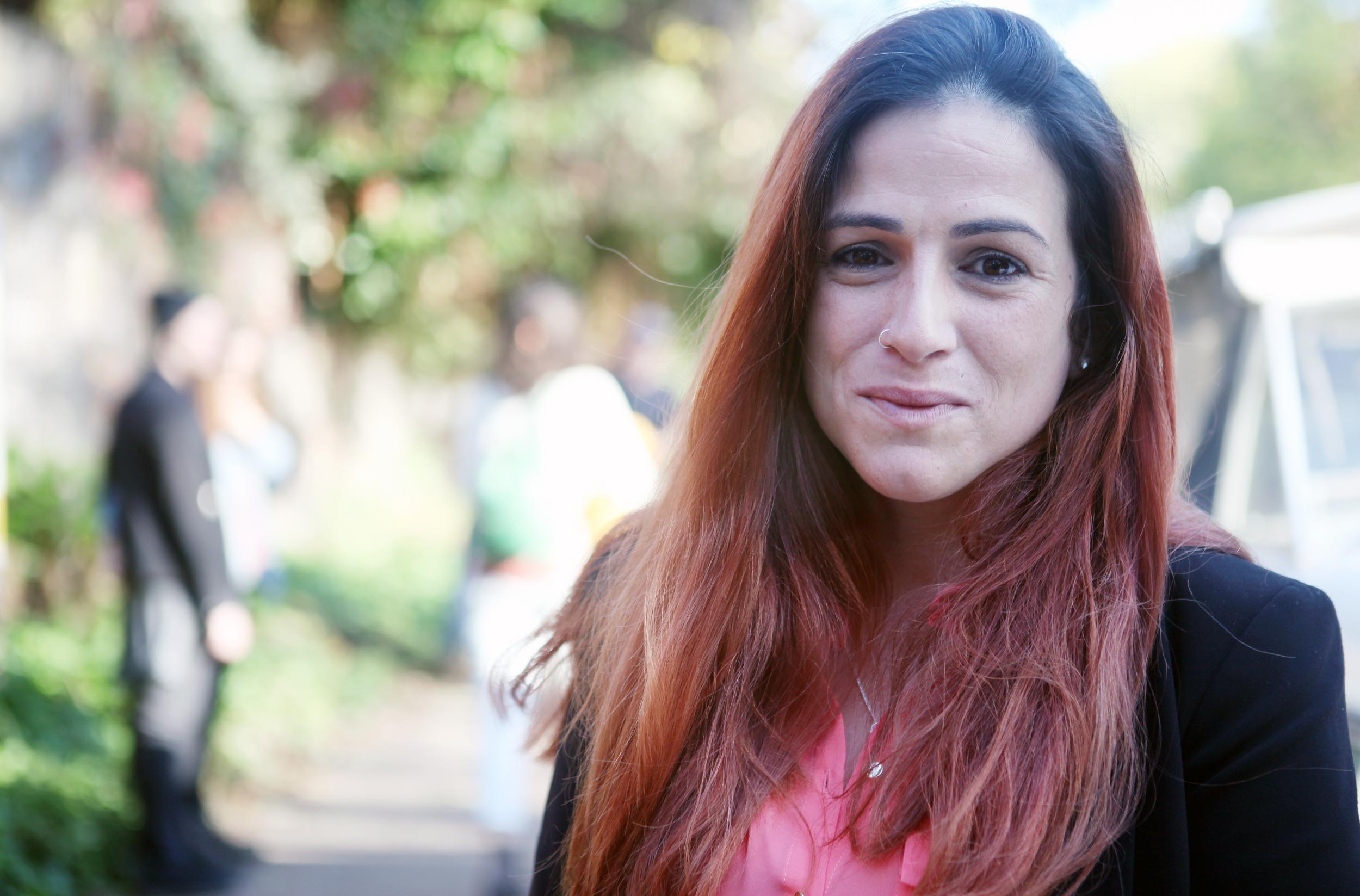Five women share their stories of living with HIV
Some people wrongly believe that an HIV diagnosis is a death sentence - yet if it is detected early, people can now expect long and healthy lives, writes Sabrina Barr
Your support helps us to tell the story
From reproductive rights to climate change to Big Tech, The Independent is on the ground when the story is developing. Whether it's investigating the financials of Elon Musk's pro-Trump PAC or producing our latest documentary, 'The A Word', which shines a light on the American women fighting for reproductive rights, we know how important it is to parse out the facts from the messaging.
At such a critical moment in US history, we need reporters on the ground. Your donation allows us to keep sending journalists to speak to both sides of the story.
The Independent is trusted by Americans across the entire political spectrum. And unlike many other quality news outlets, we choose not to lock Americans out of our reporting and analysis with paywalls. We believe quality journalism should be available to everyone, paid for by those who can afford it.
Your support makes all the difference.This article was first published on 1 December 2018 for World Aids Day.
Nine months after revealing he is HIV positive, former professional rugby player Gareth Thomas has launched the Tackle HIV campaign in an effort to “educate people about HIV” and “correct the myths that exist around it one and for all”.
Despite the medical advancements that have been made in recent years in the crusade to improve treatment for people living with HIV, stigma still surrounds HIV and Aids in today’s society.
Women are particularly marginalised, often only making up a fraction of HIV clinical research, as Positively UK founder Silvia Petretti explains. “Clinical research on HIV has historically failed to focus on women, unless they are pregnant,” she says.
“This means that women are put on medications that haven’t been studied on their bodies, which can lead to more side effects and long term toxicities.”
Audrey Nosenga, a leading HIV campaigner, recently spoke at the ENDAIDS2030 festival about the need to ensure that all those living with HIV are given the opportunity to live their lives to the fullest.
“As the global response to HIV continues through the fourth decade, a good quality of life for people living with HIV is a fundamental right and a critical challenge,” she says.
To mark World Aids Day 2018, The Independent has spoken with five inspirational women with HIV who’ve each shared their personal accounts of what it’s like to live with the condition and the stigmas that they face today.
In the space of a year and a half, Lizzie’s entire world was turned upside down when she gave birth to her child, experienced the tragedy of her partner passing away and discovered that she’s HIV positive. Following her diagnosis, Lizzie founded Think2Speak, a social enterprise that provides schools, charities, and organisations with tools to help make people feel empowered and confident in life. Lizzie is now 37 and lives in Lincolnshire.

Prior to her HIV diagnosis, Lizzie’s only knowledge of HIV came from the 1991 storyline in EastEnders in which character Mark Fowler contracts the virus. She was also aware of Freddie Mercury’s life story.
All that changed however, when she was informed that she was HIV positive during an especially trialling period of her life.
“In 18 months I’d become a mum, a widow and was diagnosed with HIV,” she says.
After being informed that her partner had died of an Aids-related infection, Lizzie’s first instinct when getting tested for the virus was that if her results came back negative, she would keep the truth of her partner’s HIV status a secret.
In retrospect, Lizzie feels sad that she ever thought that way about HIV and the stigma commonly associated with it.
“Being HIV positive is not shameful. HIV is one possible outcome of condom-less sex,” she says.
“I believe in the power of conversation as prevention”
After confirming that her child was HIV negative, Lizzie took it upon herself to learn all that she could about the virus and has since become an outspoken advocate of HIV awareness.
On World Aids Day 2017, Lizzie spoke with the Duke and Duchess of Sussex at an event, with the couple recognising Lizzie from a BBC1 documentary.
Lizzie explains that HIV is still highly stigmatised, and appreciates that she comes from a position of privilege in comparison to others who may be living with the condition.
“I am privileged and I have to acknowledge that,” she says.
“I’m a white, heterosexual female, who is securely employed; I’m educated and fairly articulate, and this means that I am able to challenge stigma when I’ve experienced it.
“I believe in the power of conversation as prevention.”
Following her work with HIV charity Positive East, LeaSuwanna discovered that she was HIV positive while pregnant with her second child. She’s now a part of the Changing Perceptions campaign, an initiative that aims to educate people about those living with HIV and their experiences. LeaSuwanna is 39 and lives in east London.

Before she became aware of her HIV status, LeaSuwanna worked in childcare for Positive East, a charity that provides care and support for children and families affected by HIV.
She was then informed, while pregnant with a baby girl, that she’d been diagnosed with the virus.
LeaSuwanna and her partner of two years had stopped using condoms so that they could conceive.
While she would always go for check-ups at sexual health clinics when starting a new relationship, she hadn’t asked her partner to do the same thing.
“I cried a bit but mostly asked questions about my child being safe,” LeaSuwanna remembers about her response to her HIV diagnosis.
“I gather knowledge on HIV so I can help others”
“This is what kept me going; knowing I could have a life with both my kids and that she was going to be born HIV negative.”
After confirming that she hadn’t passed the virus onto her baby and coming to terms with her HIV status, LeaSuwanna now uses her knowledge of the virus to help others.
“I gather knowledge like it’s going to run out on HIV so I can pay forward for others who may be in my situation,” she says.
“The best thing to know about HIV is as long as I or anyone who is positive takes their medication as prescribed, they will become undetectable.
“This is massive news that should be celebrated and made widely spread to the public.
“It is not the people aware of their status causing the continued issues – it’s the people who are not testing that are.”
Despite being born with HIV, Sasha was only made aware of her diagnosis as a young girl when a doctor mentioned that she was HIV positive. She was forced to leave school without any qualifications due to the bullying that she endured when her classmates became aware of her condition. Sasha is now an activist, is 30 years old and lives in Buckingham.

Throughout her childhood, Sasha experienced several bouts of illness with no explanation why.
After a doctor revealed by chance that she was HIV positive while in A&E, Sasha felt intense anger towards her mother, who eventually passed away from HIV when Sasha was 20.
“I was furious with my mum and went home and shouted at her because I didn’t understand what she was going through,” she says. “I was a young girl and I just blamed her at the time.”
When Sasha confided in a friend at school that she was HIV positive, she never anticipated how quickly the news would spread or the abuse that she would receive from her classmates.
Faced with the prospect of having to endure constant bullying, Sasha left school without any academic qualifications and without the financial means of finishing her education in the future.
As a teenager, Sasha became embroiled in an abusive relationship with a man with whom she had a son and who made her question her self-worth.
“People think that HIV people are dirty and it’s not true, however someone gets it”
Her mental health reached such a low point eight years ago that she attempted to take her own life.
Two years later, Sasha left her ex and met her current partner, with whom she has a four-year-old daughter.
She now works as an HIV activist with Positively UK and believes strongly in breaking down the stigmas associated with HIV.
“People react with shock and horror when I tell them that I’m HIV positive, English, white and have children,” she says.
“People think that HIV people are dirty and it’s not true, however someone gets it.”
When Charity was told that she was HIV positive, fears over whether she was going to die or ever be able to have children occupied her mind. She recently spoke with Terrence Higgins Trust about her involvement with the Catwalk for Power, an event that helps women living with HIV from all walks of life by making them feel confident and empowered. Charity is 48 and lives in London.

Charity is no stranger to the taboos associated with HIV, having had an unfavourable opinion of the virus prior to her positive diagnosis.
“I didn’t particularly know a lot about HIV before I was diagnosed and I am ashamed to say the views I had on HIV weren’t very pleasant,” she says.
When she was informed that she was HIV positive, Charity was distraught, feeling as though “it was the end of my life”.
Various questions, including whether she was going to die, whether she’d be able to have sex and whether she’d become infertile raced through Charity’s mind.
Having been made aware that she’d be able to live a long and healthy life, have sex and have HIV-negative children, Charity now has a positive outlook with regards to her condition.
“I really don’t think attitudes have changed that much”
“To be honest, now HIV is a very small part of my life and most days, after taking my pills, I forget about it,” she says.
One of the biggest misconceptions about HIV that Charity has experienced is the way in which many people assume that HIV and Aids are the same thing.
While there may be greater awareness and more advanced medical treatments for those living with HIV, Charity isn’t convinced that the stigma surrounding the condition has lessened over the years.
“I really don’t think attitudes have changed that much, people are still scared of us,” she says.
She urges anyone who’s been newly diagnosed with HIV to learn as much as they can about the virus.
“Education is power when it comes to surviving without discrimination,” she says. “But you will need thick skin.”
A few days before her 30th birthday, Silvia received the news that she was HIV positive. With her mother having passed away a decade before and a father with Alzheimer’s, she felt desolate and alone when coming to grips with her diagnosis. Meeting other women living with HIV through a support group gave her the boost that she needed to accept herself and her HIV status. Now 52 and living in south London, Silvia is joint CEO of HIV charity Positively UK.

In 1997, 29-year-old Silvia was residing in Italy when she received the news that she was HIV positive.
It was particularly shocking for Silvia considering the fact that she’d always followed a healthy lifestyle.
Silvia had to take 18 pills a day when first diagnosed, leading to her experiencing a barrage of side effects.
When her doctor attempted to prescribe her with antidepressants to no avail, he then suggested that she go to a women’s support group called Positively Women, now called Positively UK.
“The first time I went, I couldn’t believe the women in the group had HIV,” she says.
“They looked fabulous, joking and laughing, and there were children running around.
“Enabling people to live well with HIV is a powerful tool”
“Meeting other women with HIV lead me to finally have hope it was possible to live a normal life with HIV. I found self-acceptance and new friends.”
A few years after discovering that she was HIV positive, Silvia became involved with Positively UK as a volunteer.
This then resulted in a job in the peer support team answering the helpline and managing support groups, which eventually led to Silvia becoming joint CEO of the entire organisation.
“I know what a powerful tool it is enabling people to live well with HIV,” she says.
“I would never be where I am without the role models I have had, and the incredible support of other women with HIV.”
Positively UK runs a national programme called Project 100 that trains people living with HIV so that they can become involved in peer support groups.

Join our commenting forum
Join thought-provoking conversations, follow other Independent readers and see their replies
Comments